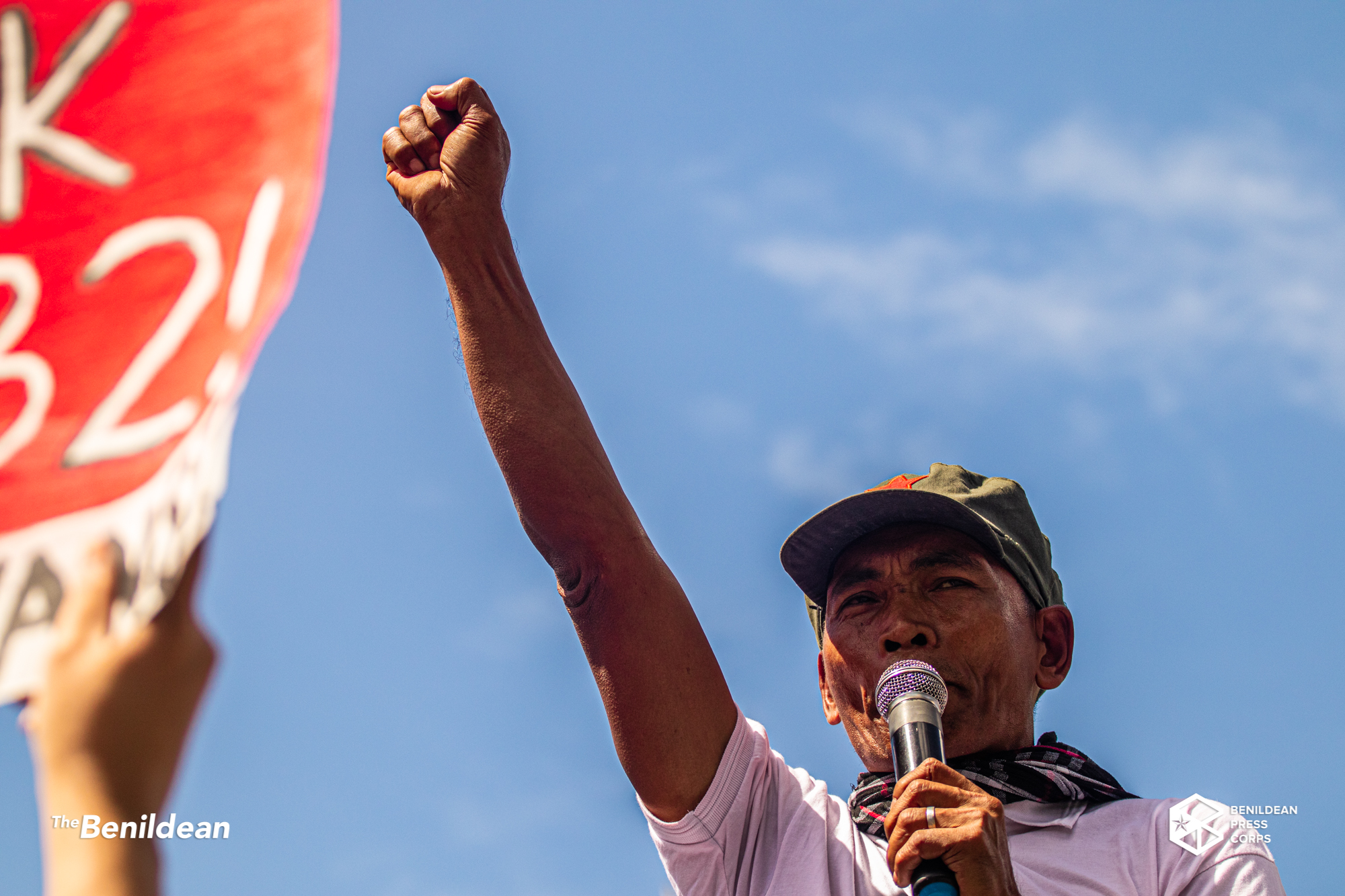Established on May 3, 1991, World Press Freedom Day has been an annual event for people, most especially journalists, across the world. This day marks another year of the fight against media censorship, harassment and persecution of journalists of all kinds. It reminds everyone to fight for freedom to take hold of the truth, to safeguard that truth and the people that have dedicated themselves to making truths to be known.
Today, as with many holidays and life events held in the current pandemic, World Press Freedom Day is celebrated mainly at the comfort of our homes; for many journalists, however, they are still called to report to their respective coverages to ensure that the rest of the world stays informed regarding COVID-19 and other stories. For the remainder of the journalists—citizens and campus journalists, to name a few—work still goes on, even at home.
In these extraordinary times where staying at home contributes to preventing the spread of COVID-19, many journalistic organizations still choose to operate and report on whatever they can. Campus press organizations still cover school-related news through online means; and Rappler, for example, utilizes its citizen journalism arm #MovePH to gather stories nationwide.
Clearly, it is in this critical time that the people need a free press to be able to know the real-time count of the COVID-19 cases, the President’s press conferences, the everyday struggle for survival of citizens, and the ins-and-outs of the country. When the rest of the world cannot move, journalists are still among those that find a way to be the voice of the people.
The risk remains
Being a journalist, the threat and the risk of being silenced is part of the occupation. Even for campus journalists then and now—journalists who are still students themselves, being a seeker of, and a bridge to the truth, does not spare them from being censored. From persecuted Martial Law victims as young as 21 years old to big media giants, the attack on the press has always been evident. It is also a common theme that the government is the first to attack the communicators whether through propaganda or lawsuit threats, or even downright verbal harassment.
This points that this day is also a call for the government to see that journalists are vastly dedicated to the truth, and should never be condemned for doing their jobs. With the education and high ethical sense in journalistic bodies, journalists are among those who should be rightfully able to report, inform, and provide an open space for both positive and negative criticism from citizens.
To do the opposite of these would be against the very nature of journalists and what they aim for.
In all of the attacks that have happened to the press and the large chance that it will be attacked in the future, these journalists are still humans who have their own lives to live and families to go home to. It is just that they’ve made a decision to serve a larger purpose in being the media watchdogs, communication frontliners, and many more.
It is both a dangerous and honorable job to be a journalist; the pay is truly in the comfort that the masses know whatever they need to know about the current world, in ordinary times and most especially in extraordinary times like these.
Whether it’s citizen journalism or mainstream journalism, the goal of voicing out the truth of current events and their analysis is practiced by people in their everyday lives. And in trying times where one relies on the press to know more about certain issues, it is with greater courage that journalists take on the responsibility to be able to deliver the truth as quickly and as accurately as possible.
In every culturally disruptive time, there was a journalist right at the tail of the story; so in the cultural milestone and disruption that may lie ahead of us, there also lies a journalist ready to tail that next truth for the people. #WorldPressFreedomDay


